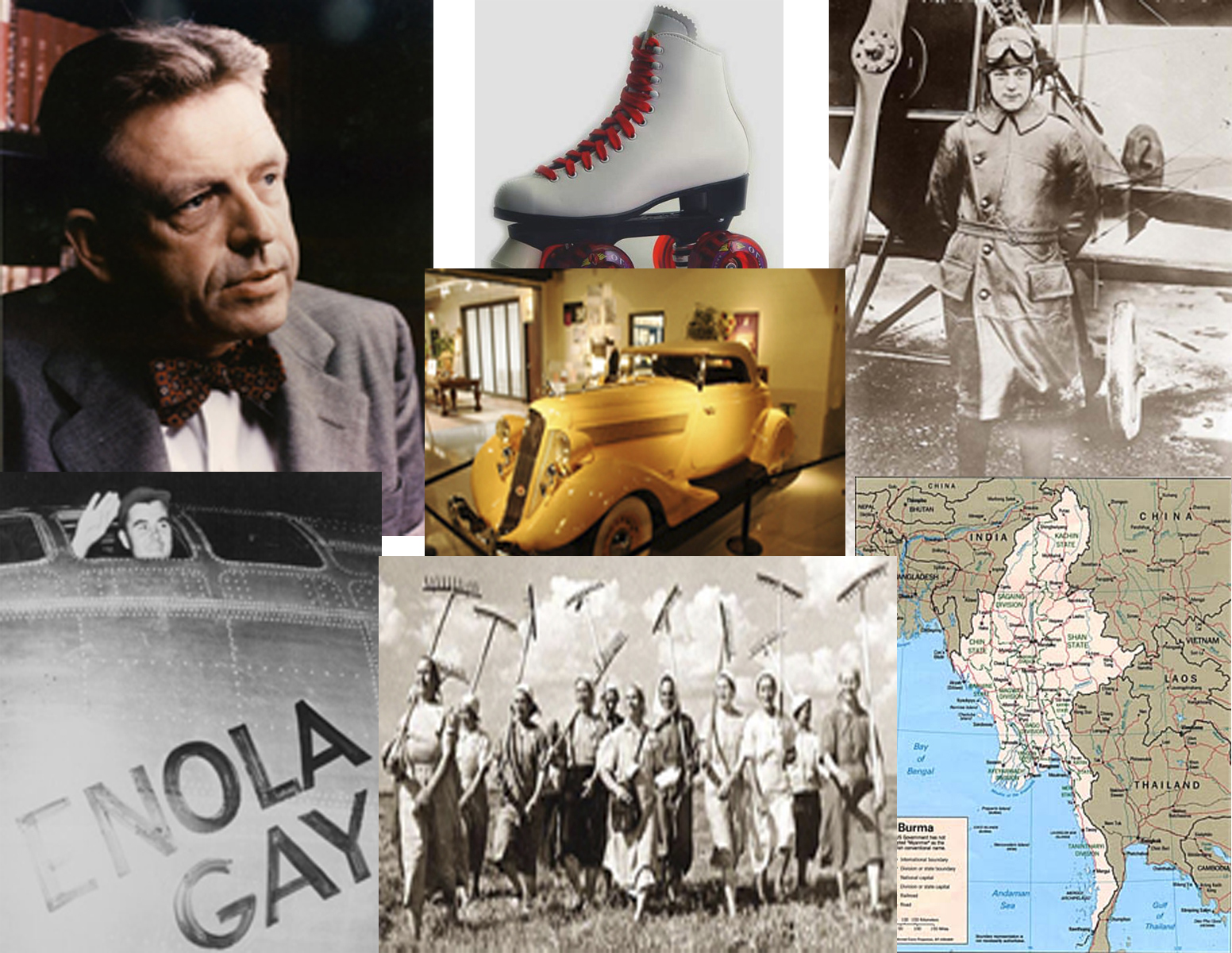Fischer, Burnell, June 18, 2014
- Component Identifier:
- 14-008
- Creator:
- National Science Foundation (U.S.) and Clark, Sara
- Scope Note:
-
Burnell Fischer is the Clinical Professor Emeritus in the School of Public and Environmental Affairs. Fischer discusses his time as the State Forester of Indiana. Fischer wanted more collaboration with a greater variety of stakeholders and he discusses how he made that work. While he was working at the State Forester of Indiana Elinor Ostrom contacted him to come down and speak to her and her graduate students. During this time a collaborative was formed between Indiana University, Purdue University, The Nature Conservancy, and Professor Dan Cole of IUPUI (now Indiana University Bloomington). Fischer then began working at Indiana University where he assisted Elinor Ostrom in teaching. His position moved from work at the Ostrom Workshop to his position as the undergraduate program director at the School of Public and Environmental Affairs. Fischer recalls his time at the Nobel ceremony and why he was there. The interview concludes discussing the Workshop on the Ostrom Workshop (WOW) and the Ostrom Workshops future.
- Language:
- English .
- Physical description:
- 20 pages; 1 .wav file, 60 minutes; index
Access and use
- Restrictions:
-
Open
- Terms of access:
-
The archive of the Center for Documentary Research and Practice at Indiana University is open to the use of researchers. Copies of transcript pages are available only when such copies are permitted by the deed of gift. Scholars must honor any restrictions the interviewee placed on the use of the interview. Since some of our earlier (pre-computer) transcripts do not exist in final form, any editing marks in a transcript (deletions, additions, corrections) are to be quoted as marked. Audio files may not be copied for patrons unless the deed of gift permits it, and a transcript is unavailable for that interview. The same rules of use that apply to a transcript apply to the audio interview. Interviews may not be reproduced in full for any public use, but excerpted quotes may be used as long as researchers fully cite the data in their research, including accession number, interview date, interviewee's and interviewer's name, and page(s).
- Parent restrictions:
- Access varies by interview.
- Parent terms of access:
- The archive of the Center for Documentary Research and Practice at Indiana University is open to the use of researchers. Copies of transcript pages are available only when such copies are permitted by the deed of gift. Scholars must honor any restrictions the interviewee placed on the use of the interview. Since some of our earlier (pre-computer) transcripts do not exist in final form, any editing marks in a transcript (deletions, additions, corrections) are to be quoted as marked. Audio files may not be copied for patrons unless the deed of gift permits it, and a transcript is unavailable for that interview. The same rules of use that apply to a transcript apply to the audio interview. Interviews may not be reproduced in full for any public use, but excerpted quotes may be used as long as researchers fully cite the data in their research, including accession number, interview date, interviewee's and interviewer's name, and page(s).
- Preferred Citation:
-
[interviewee first name last name] interview, by [interviewer first name last name], [interview date(s)], [call number], [project name], Center for Documentary Research and Practice, Indiana University, Bloomington, [page number(s) or tape number and side if no transcript; if digital audio and no transcript, cite time when quote occurs].
- Location of this collection:
-
Franklin Hall 0030B601 East Kirkwood AvenueBloomington, Indiana 47405, United StatesVisit Center for Documentary Research and Practice
- Contact:
- 812-855-2856
